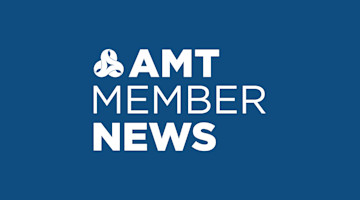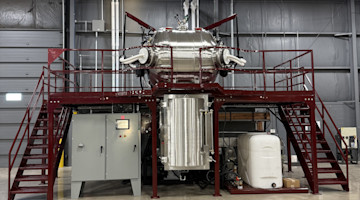The immediate results of the midterm elections left more questions than answers. The Red Wave never materialized, surprising both Republicans and Democrats. Democrats maintained control of the Senate, However, with several races too early or close to call, it is still undetermined which party controls the House.
FY23 Funding
The uncertainty could affect the work to craft a comprehensive spending bill before the Dec. 16 deadline to avoid a government shutdown. The bill's makeup could be influenced by whether Republicans or Democrats think they have a shot at a unified Congress next year. The spending bill is significant because the science and technology programs in the recently enacted CHIPS and Science Act still need to be funded.
Tax and Regulatory Agenda
In the tax and regulatory areas, there will be efforts to make permanent the tax reforms enacted as part of the 2017 Tax Cuts and Jobs Act (TCJA). Although the corporate rate cut is permanent, most of the other provisions expire in 2025, and there is no willingness from either party to increase taxes on any group under current economic conditions. AMT is working with other manufacturing organizations to delay two provisions in the TCJA that will hurt manufacturers: the reduction of bonus depreciation in 2023 and the requirement to amortize R&D expenses beginning in 2022. One or both provisions could be included in the year-end spending bill.
On the regulations radar. Over the next several months, the IRS will begin releasing guidance on the tax provisions of the Inflation Reduction Act (IRA). If party control is divided, expect a slew of new rules and executive orders from the Biden administration over the next two years addressing clean energy and environment, domestic sourcing, and diversity, equity, and inclusion. It's critical that manufacturers provide their input to relevant agencies regarding regulations impacting them.
Energy
Energy will remain front and center regardless of which party controls Congress. Topics of focus include:
Energy security.
Implementation of the clean energy incentives in the IRA.
Research into alternative sources.
Electricity.
Labor
On the labor front, supply chain issues have improved, but challenges will continue. Uncertainty around potential strikes at West Coast ports and U.S. railways could threaten progress and necessitate Congress to intervene. Health care will also be a big issue in 2023 amid rising costs for manufacturers. Be aware that the discussion in Washington on this topic and others will be staking positions for the 2024 elections.
International
From a trade perspective, no immediate changes are expected from the administration regarding the Section 301 tariffs levied on many products from China. AMT continues to advocate for a robust exclusion process for manufacturers negatively impacted by the tariffs. The exclusion application period has concluded, and efforts to reopen it have thus far been unsuccessful. There will also be an increasing focus on export controls of advanced technology, particularly to China.
Aside from China, President Joe Biden will continue to pursue international partnerships with allies. Should Republicans gain control of the House, members will push the administration for a more proactive market opening strategy, including negotiating free trade agreements with the United Kingdom, European Union, Japan, and Taiwan. First, the administration must address their frustration over the IRA's incentives for domestic sourcing of electric vehicles.
The agenda will become more apparent in the coming days and weeks. Regardless of who wins the midterms or which party holds power, AMT's policy priorities focus on the Manufacturing Mandate's pillars: spurring manufacturing innovation, improving global competitiveness, and developing a skilled manufacturing workforce.





